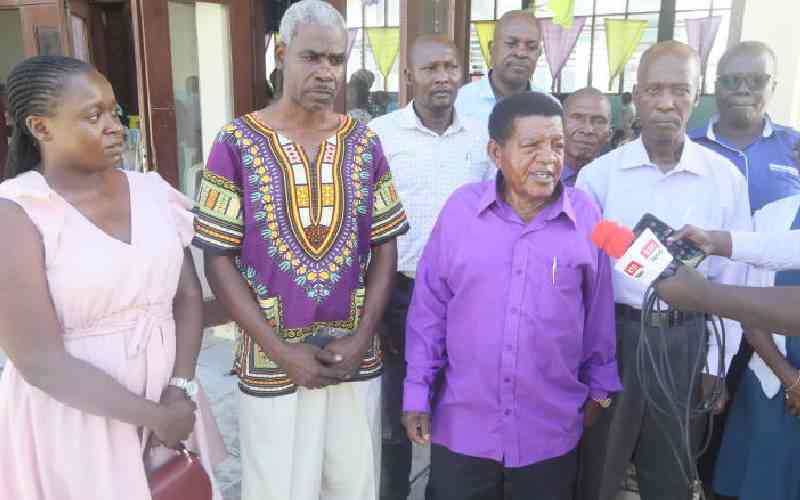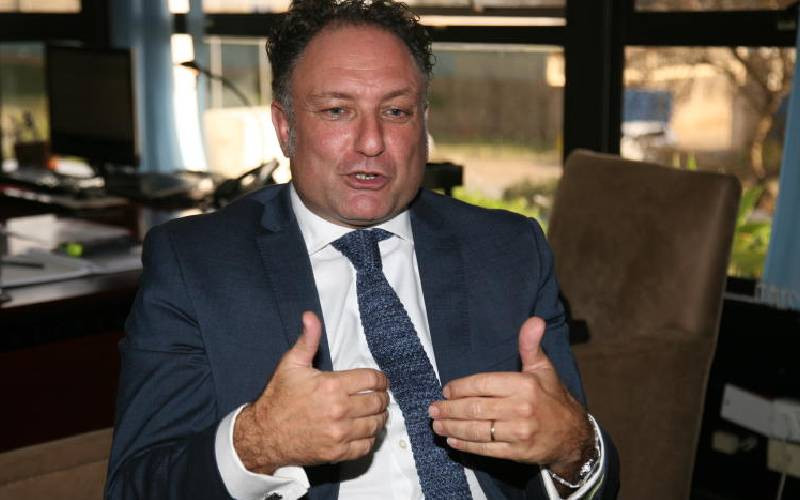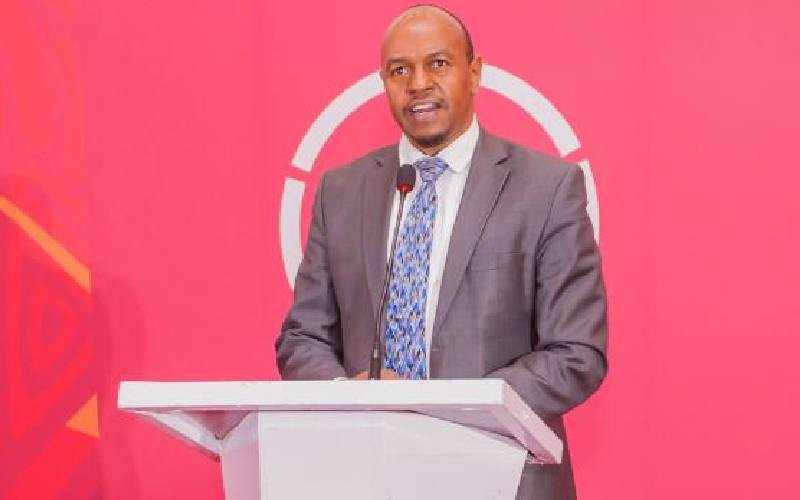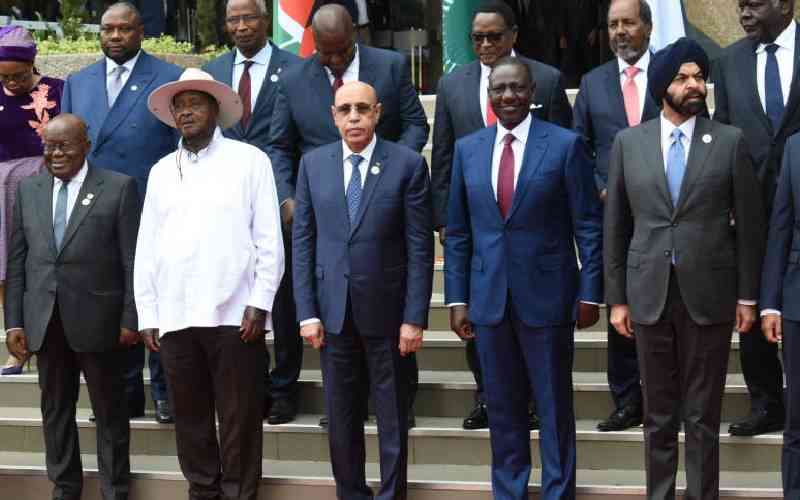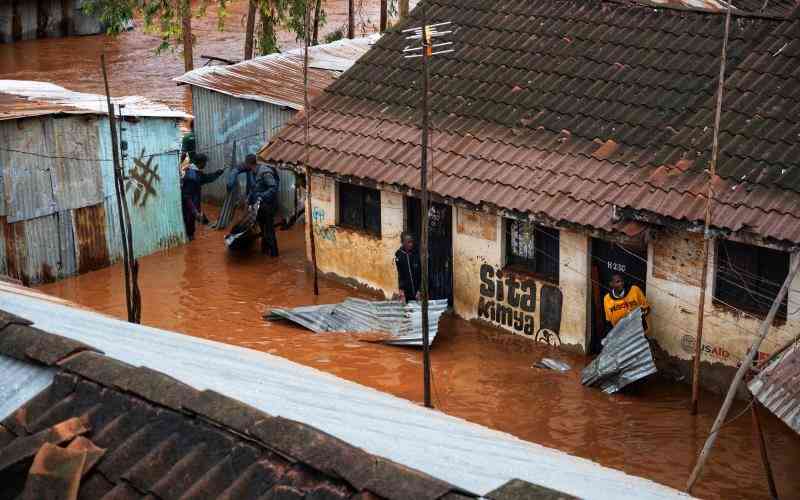By Macharia Kamau
Hard pressed to grow revenues and facing limited options after a tariff hike proposal was quashed by the Government, Kenya Power has now turned the heat on defaulting customers.
The firm is looking to recover in excess of Sh8 billion in unpaid bills as at June 30 last year.
The firm has issued a notice requiring customers to pay outstanding bills or face disconnection.
The power distributor has given non-paying customers until Monday to pay outstanding bills or it would begin a wholesale disconnection exercise.
“Overdue accounts will be disconnected without further reference to the account owners after July 8, and will only be reconnected upon full payment of outstanding dues. Customers with current electricity bills are also encouraged to pay by the due date to avoid discontinuation of services thereafter,” said a public notice sent out by the company on Monday.
“The notice applies to all customers including Government departments and agencies, county authorities, industries, commercial enterprises, institutions and domestic customers.”
By end of the firm’s last financial year in June 2012, uncollected revenues stood at Sh8.2 billion, a drop from Sh9.2 billion the previous year.
While the drop might signify an increase in debt recovery during the 2011/2012 financial year, it could also mean it wrote off debts deemed unrecoverable.
According to the company’s annual accounts, large power consumers are the biggest defaulters, owing the company Sh4.4 billion, while parastatals owe Sh1.2 billion and domestic consumers owe Sh2 billion.
“The company is currently installing prepaid and automatic meters as strategies to minimise the risk of non-collection,” the firm added.
In addition to disconnecting non-paying customers, Kenya Power says it has increased its internal debt management capacity to guard against too many bad debts. To enforce payments, it will use debt collectors and take clients to court.
Under pressure
The company is under pressure to source for funds to finance some of its infrastructure projects.
Among its priorities is a five-year plan to lay underground electricity transmission cables in major urban areas at a projected cost of Sh20 billion.
It had hoped that an increase in power tariffs would help raise some of this money, but Deputy President William Ruto in May stopped the firm from increasing prices and directed it to look for alternative sources of funds.
 The Standard Group Plc is a multi-media organization with investments in media
platforms spanning newspaper print operations, television, radio broadcasting,
digital and online services. The Standard Group is recognized as a leading
multi-media house in Kenya with a key influence in matters of national and
international interest.
The Standard Group Plc is a multi-media organization with investments in media
platforms spanning newspaper print operations, television, radio broadcasting,
digital and online services. The Standard Group is recognized as a leading
multi-media house in Kenya with a key influence in matters of national and
international interest.
 The Standard Group Plc is a multi-media organization with investments in media
platforms spanning newspaper print operations, television, radio broadcasting,
digital and online services. The Standard Group is recognized as a leading
multi-media house in Kenya with a key influence in matters of national and
international interest.
The Standard Group Plc is a multi-media organization with investments in media
platforms spanning newspaper print operations, television, radio broadcasting,
digital and online services. The Standard Group is recognized as a leading
multi-media house in Kenya with a key influence in matters of national and
international interest.



